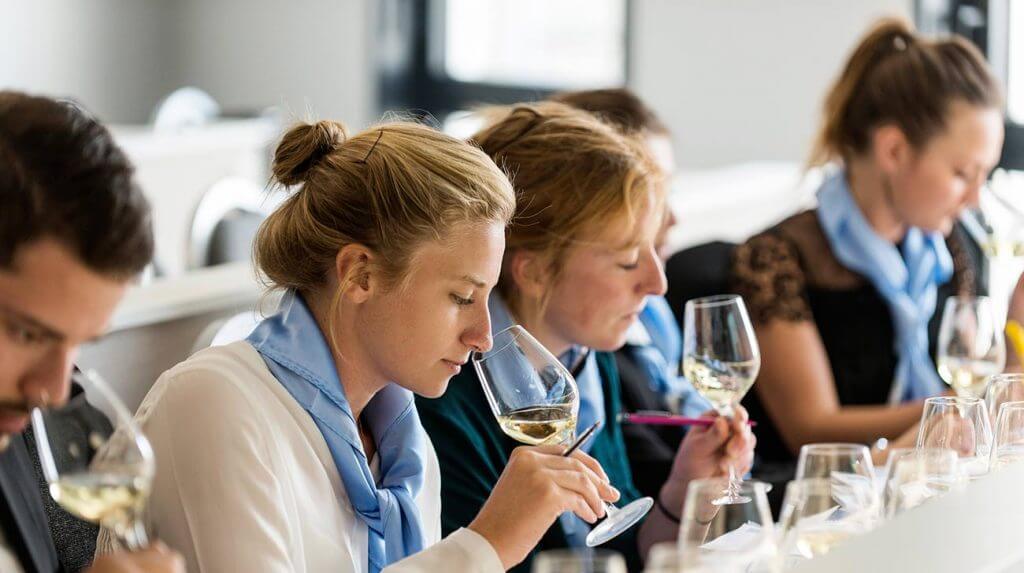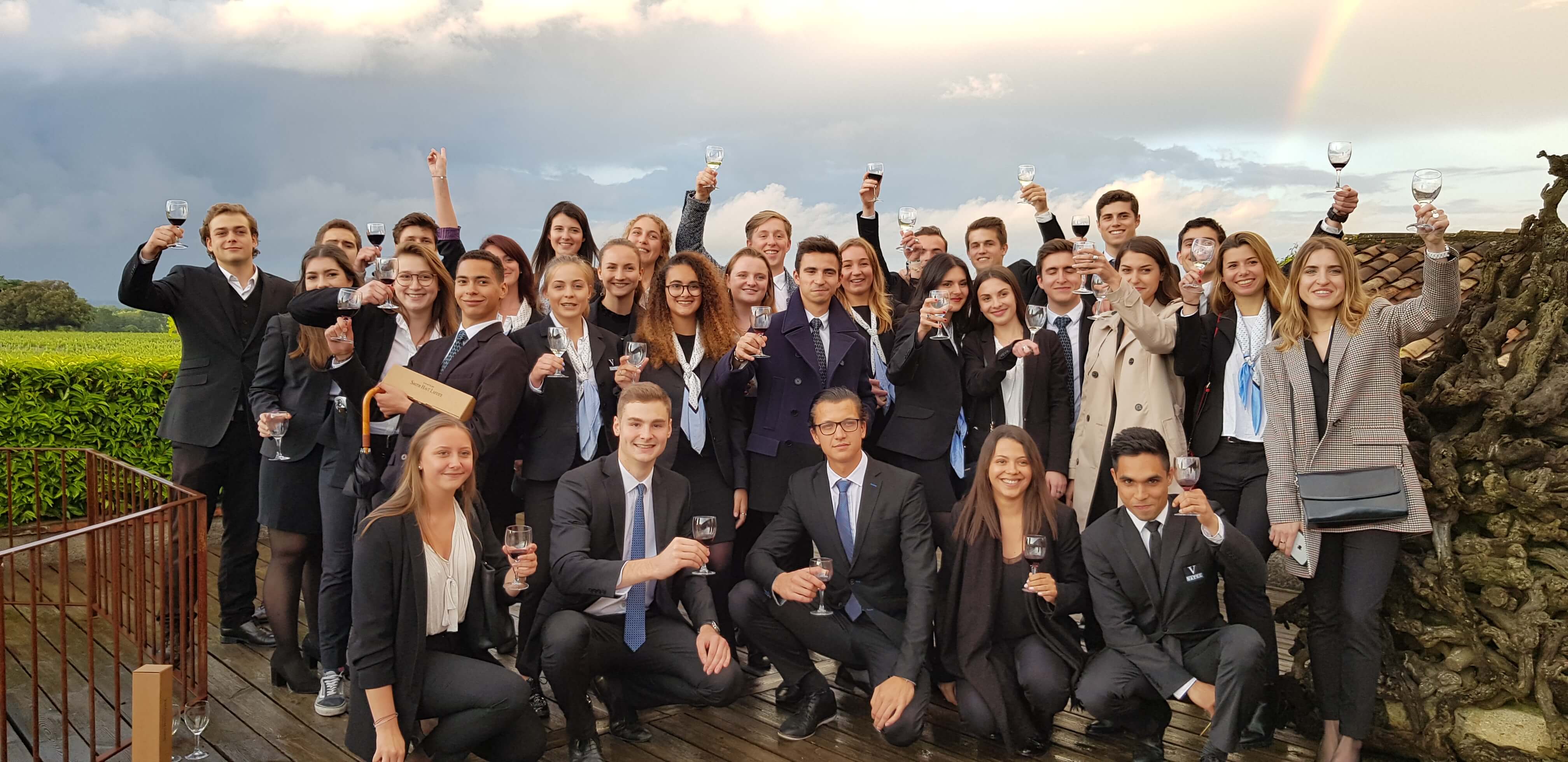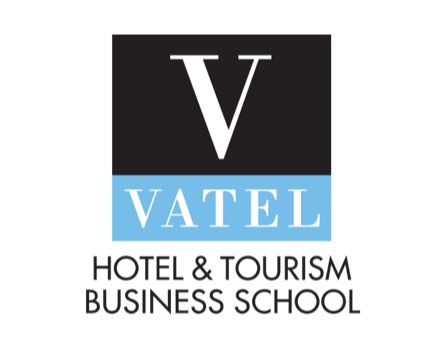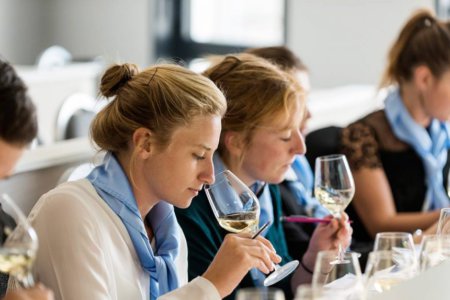Bordeaux, France is a region with almost mystical significance in the world of wine and spirits. It’s where you’ll find over 7,000 estates as well as France’s best cellars and vineyards. Above the banks of its River Garonne sits La Cite Du Vin, known as the “Guggenheim of wine”, a testament of its iconic architecture and stature.
Globally, the industry is just as dynamic. In 2018, global production reached an estimated 293 million hectolitres, according to the International Organisation of Vine and Wine (OIV). Wine sales are reportedly increasing briskly — with premium bottles selling more than other categories. Additionally, despite economic anxiety due to uncertainty worldwide, the overall sales of wines and spirits in France rose 5.9% to a record US$15.3 billion. By 2028, the global alcoholic spirits market is expected to reach US$709.38 billion, propelled by rising demand for premium spirits, millennial demand and innovative marketing campaigns by vendors.
Every year, there are 10,000 French wineries attracting 10 million visitors. Every second, approximately 760 liters of wine are consumed globally. The top five wine-consuming countries are France, Italy, Germany, the US and China. Between 2017 and 2022, the volume of spirits consumed is estimated to hit 3.2 billion nine-litre cases.

Source: Vatel Bordeaux
These data show a robust labour market. More than two million people are employed by the French wine industry alone. Roles in the industry are organised into three main areas: commercial, service and production. The commercial roles relate to the sourcing, buying, selling and marketing of wine and spirits. Many enlighten consumers too, becoming brand managers, event managers, consultants or brand ambassadors. Service roles encompass those selling and serving of wines and spirits in a hospitality environment, such as sommeliers, bartenders and publicans. Production roles include vineyard managers and wine makers. The average salary ranges between 23,000 to 66,000 euros.
Roles in sales, marketing and management are increasing significantly, especially in professions with an international outlook. Wine tourism is booming both in France and abroad too. Vatel Bordeaux graduates have carved their paths in many of these roles. Equipped with strategic business skills, their progression to managerial roles are fast-tracked.
To become an effective broker for wine and spirits, one needs interpersonal skills, a passion for their products and a keen memory. Hugo Lucas gained all three — and more — at Vatel Bordeaux. “The MBA in Wine and Spirits Management at Vatel Bordeaux was a great foundation to enter the industry,” says Lucas, who is now a wine broker at Levêque et Associés. Lucas acts as the middle man between the Château that produces wine and the negociant who purchases it and distributes it in France or abroad. He advises the domains and the buyers on the entire process, from price estimates to transaction timing. Lessons — both theoretical and practical — learned at Vatel Bordeaux are proving useful, he says. “Having professional and knowledgeable teachers was also a determining factor in the choices I made for my career. I can only be thankful for their passion and support throughout the whole course.”
At Vatel Bordeaux, wine and spirits lovers can do more than take their appreciation to new heights. Like Lucas, they can transform their passion from just an interest to a full-blown profession. This is made possible via the MBA’s experiential learning approach.
Students receive real-world knowledge about wine and spirits from all around the world. From conferences to tasting sessions, vineyard tours to workshops, students will gain the managerial, commercial and technical skills in demand by the industry. This includes sales, marketing, hospitality, law, international trade and so forth. This MBA allows students to not only acquire a postgraduate qualification, but also the Level 2 and 3 Certificates of the Wine and Spirit Education Trust (WSET), globally recognised as the international standard in wine and spirit knowledge.

Source: Vatel Bordeaux
What else do students get out of this experience? The opportunity to solve case studies submitted by university partners. Insight on how to improve user experience, organise festivals and events, and develop wine tourism strategies. A bigger network. Access to job fairs, company visits and guest lectures. To top it all off, they will join a highly strategic six-month professional training programme, which often turns into a first job for most students.
“When you mix theoretical courses with practical applications, you learn five times faster. Vatel Bordeaux, with its wine tours and workshops, gives us hands-on experience and the opportunity to apply everything we learned in the classroom right away. For example, when we toured Chateau Castera, I saw the entire wine harvesting process. And for someone from Normandy like myself, this was really a true discovery!” shares MBA student William Ribault.
Vatel Bordeaux stands out for its track record. Thanks to the international business school’s comprehensive programmes, graduates are not just professionals but experts. “Thanks to Vatel Bordeaux’s internship opportunities, I had the chance to work in some of the leading institutions in the international hospitality industry such as Royal Monceau Raffles Paris and learn from famous Parisian sommeliers,” shares graduate Adrien Cascio, who is currently head sommelier at Château Lafaurie-Peyraguey.
His career trajectory since graduating is impressive — typical of Vatel Bordeaux graduates. “In 2016, I became Head Sommelier at Le Gabriel restaurant, at Place de la Bourse in Bordeaux. I was in charge of serving wines and other drinks in the gourmet restaurant and bar area. I handled the supply, management and accounting tasks for the entire wine cellar on a daily basis,” he shares. “As semi-finalist in the 2017 Trophée Duval Leroy – Best Young Sommelier of France Competition, more and more professionals of the region have confidence in me and recognise my expertise. In 2018, I took over the sommelier activities at the Restaurant Lalique, part of Château Lafaurie-Peyraguey in Sauternes.”
Follow Vatel Bordeaux on Facebook, YouTube, Instagram and LinkedIn












